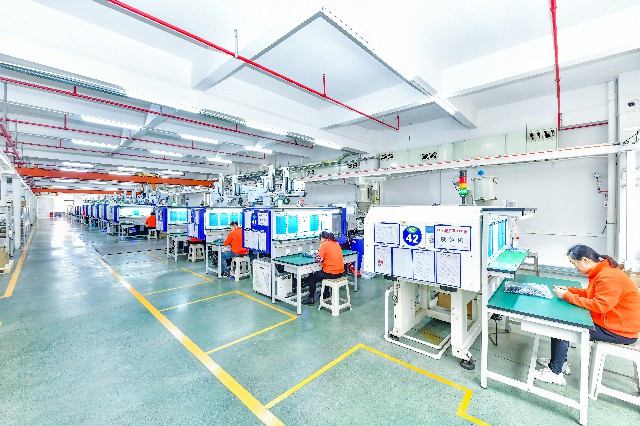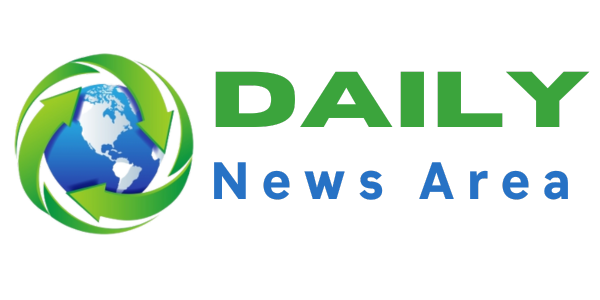CNC Production Machining: Pros and Cons
With the advancement of technology, CNC production machining has become an integral part of various industries. This article aims to explore the pros and cons of CNC production machining.
Hord RT: Revolutionizing Manufacturing Processes
Hord RT is a leading company that has revolutionized manufacturing processes through its innovative use of CNC production machining. By utilizing this automated process, Hord RT has been able to produce multiple prototypes simultaneously and effortlessly. The concept of rapid prototype production is complemented by CNC machining, allowing for quick turnaround times and efficient manufacturing.
In addition, one significant advantage offered by CNC machining is flexible tooling. Tools can be changed during the production cycle without interrupting or stopping the entire process. This flexibility allows for the utilization of different tools such as single-point cutting tools, drilling tools, tapping tools, milling tools, etc., enhancing the versatility and efficiency of CNC production machining.
The Advantages of CNC Production Machining

CNC production machining offers numerous advantages in various aspects:
- Precision: With computer-controlled precision, CNC machines ensure accurate and consistent results with minimal human error.
- Efficiency: Once the CAD design is set into the machine and the program is established, CNC machines operate automatically without constant supervision or intervention.
- Speed: Compared to traditional manual methods, CNC machines can complete tasks at a much faster pace due to their automated nature.
- Complexity Handling: Complex designs that would be challenging or impossible using conventional methods can be easily achieved with CNC machines’ capabilities.
- Repeatability: The ability to replicate identical parts consistently makes it ideal for mass production requirements.
The Disadvantages of CNC Production Machining
Despite its advantages, CNC production machining also has some limitations:
- High Initial Investment: The cost of acquiring and setting up CNC machines can be significant, making it less accessible for small businesses or startups.
- Skilled Operators Required: Operating CNC machines requires specialized knowledge and skills. Training operators to handle these machines effectively may take time and resources.
- Maintenance and Repair Costs: Regular maintenance and occasional repairs are necessary to keep the CNC machines in optimal condition, which can add to the overall expenses.
- Limited Flexibility: While flexible tooling is an advantage, certain design changes or adaptations during the production process may require additional setup time or adjustments.
In Conclusion
CNC production machining offers numerous benefits such as quick turnaround times, precision, efficiency, speed, complexity handling, and repeatability. However, it also comes with disadvantages including high initial investment costs, skilled operator requirements, maintenance expenses, and limited flexibility. Understanding both the pros and cons allows businesses to make informed decisions regarding implementing CNC production machining into their manufacturing processes.

